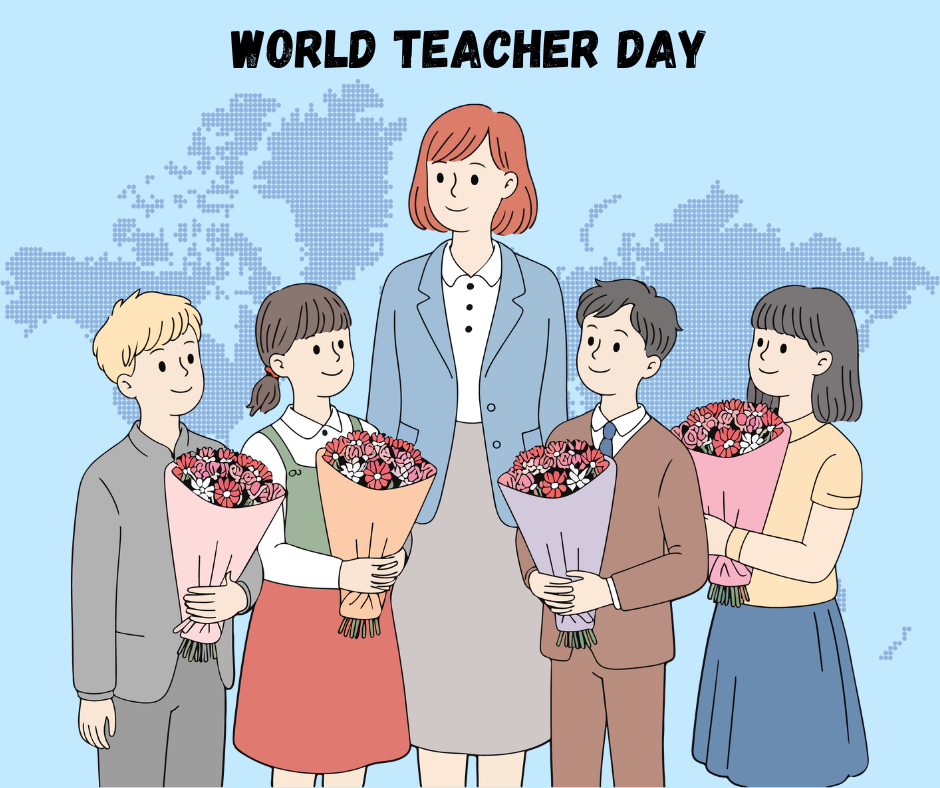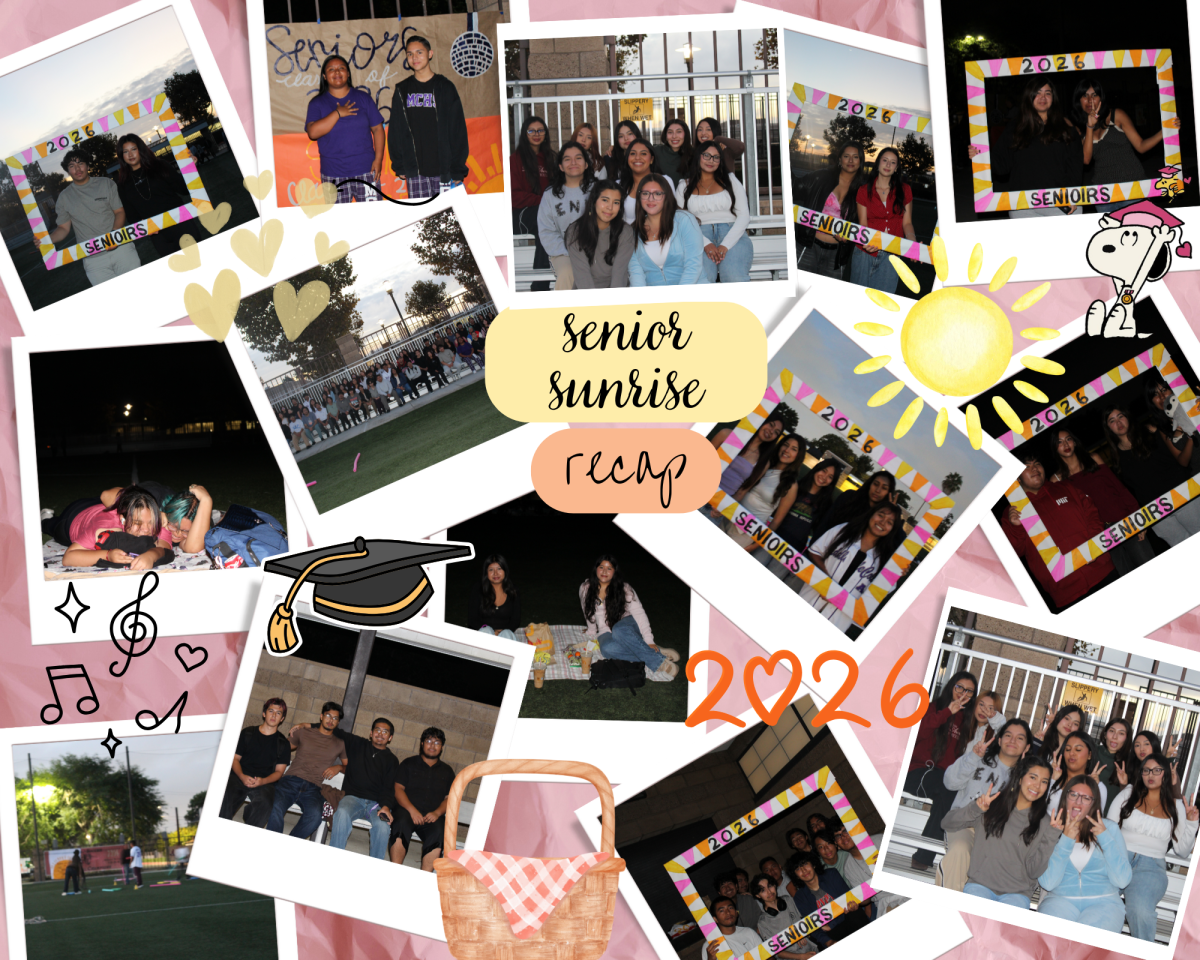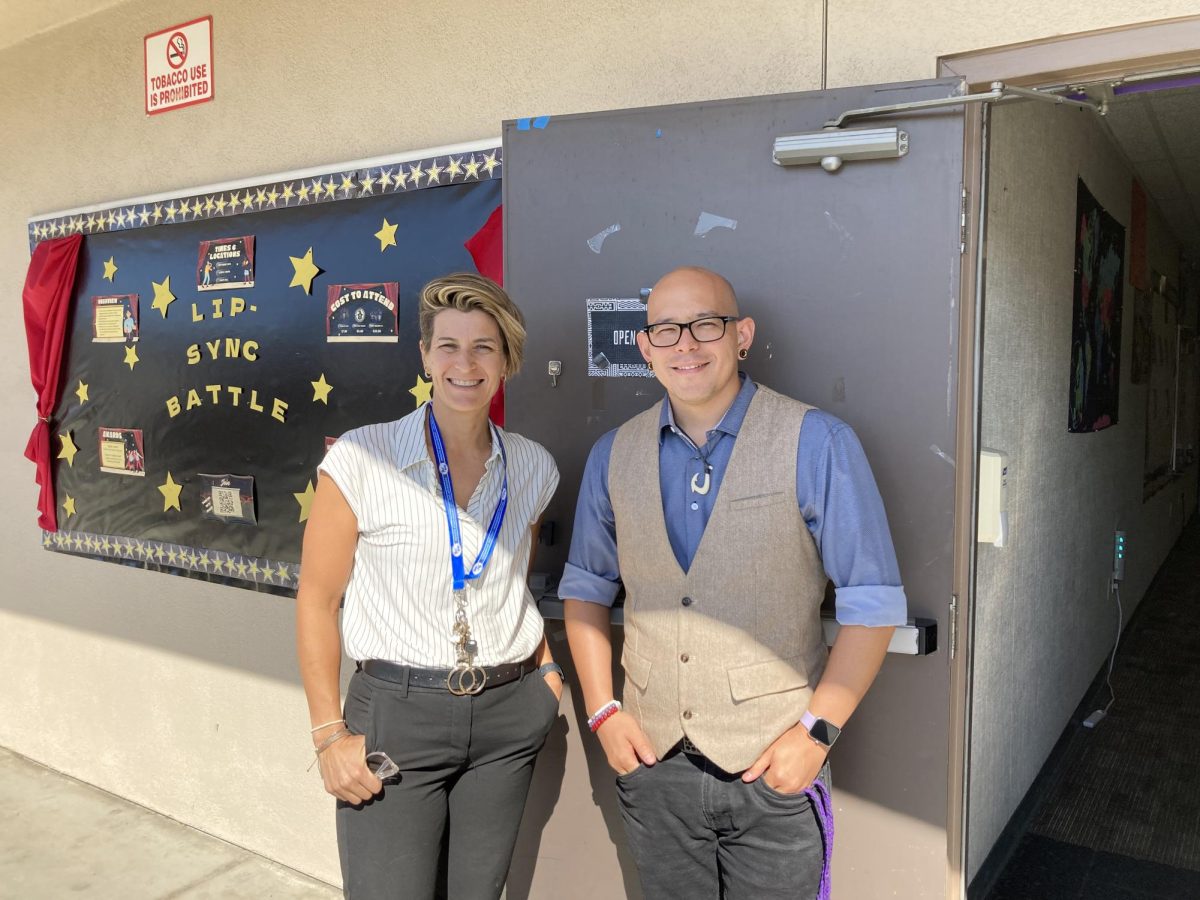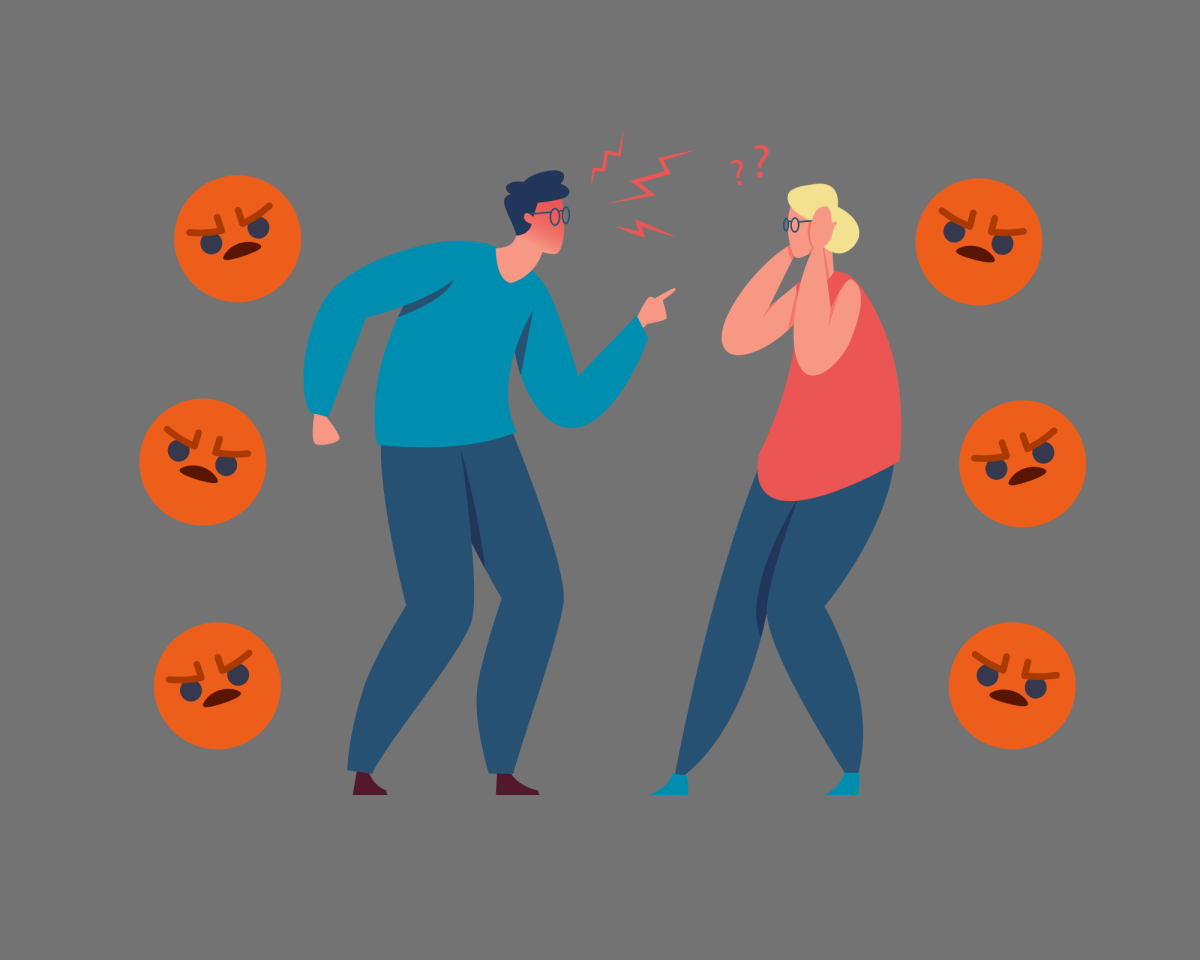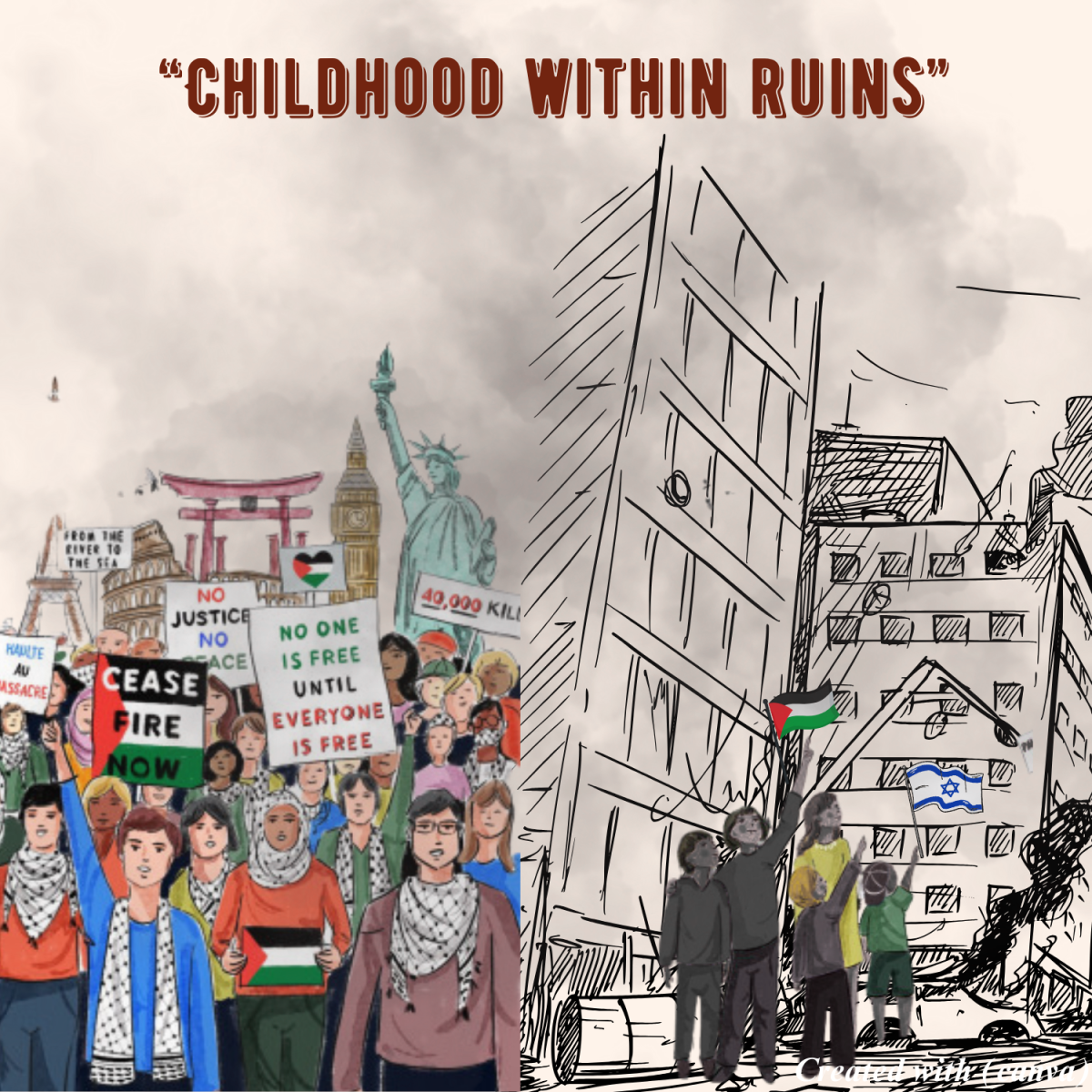You’re standing in the line of your favorite fast food place, when all of a sudden, you hear yelling coming from the front of the line. A customer is upset about the broken coffee machine and doesn’t understand why the workers can’t just stop what they’re doing and fix it. The customer is progressively getting louder and has become explicit now. The manager comes out and tries to assess the situation, but the customer just seems to get angrier. Finally, the customer storms out of the restaurant and everyone is left in awe by the anger that came from a simple, broken coffee machine.
Over the past couple of years there has been a rise of rude, ill mannered customers. People have become more impatient when going shopping and this has affected the treatment of service workers.
Senior Gabriel Cortes has been employed at Sonic Drive-In for almost a year as an assistant manager. He has experienced first hand how terrible workers are treated.
“Just yesterday I had to deal with a guy who had complaints over everything. He thought the reason why his food was taking so long was because he didn’t tip,” Cortes said.
Australian author, Steven T. Zech, wrote a book titled “Recovering Civility During COVID-19.” In this book, he explains that communication was difficult during the pandemic and this affected the overall kindness of individuals. Additionally, people became more involved with politics and as a result, would practice civil disobedience when faced with, what they assumed, was an unjust policy created by people in power. The issue with this idea is that the workers themselves have nothing to do with the rules of the store or restaurant and by yelling at these individuals you’re accomplishing nothing. If you find a policy unjust, then going to the company itself is the only way to get your voice as a customer heard and enact change.
Furthermore, the usual victims of these customers are minimum wage workers who don’t get paid nearly enough money to be dealing with angry customers. Most of the time these workers are doing multiple tasks simultaneously and don’t have the time to deal with uncivil customers.
Cortes explains a situation where a customer became angry over a cherry.
“There’s this lady the very first months that I worked and apparently she was a regular. She would always order the same thing: a bag of ice, a cherry limeade, or sometimes she’d order Dr. Pepper with cherry vanilla. Point is, one time she ordered her ordinary stuff and … through the drive through she literally saw me pick the cherry with the tongs, put it in her drink, and it sank, because it’s a heavy object… Basically she still had the audacity to tell me ‘you didn’t put a cherry in there.’ I was like ma’am they sink… and she’s like put another one. I had no power so I just had to sit there and take it,” Cortes said.
Entitlement is another problem that the human race suffers from. Many people, usually those who are rich, expect everyone to do exactly what they want, when they want. This goes hand in hand with classism and how people with more money view minimum wage workers as uneducated. They believe that since they’re higher up on the economic food chain, they earn the right to be rude to those who are lower on the chain.
Although some people are simply rude to minimum-wage workers, others don’t really understand why they lashed out to begin with. According to the article, “Why people lash out at service workers,” most of the time customers who become angry with workers immediately regret it. These customers aren’t necessarily angry at that worker but at their situation, that may or may not have to do with the worker in the first place. They can be upset about something going on in their personal life or be having a bad day. They go to a store and a worker tells them they don’t have the item they were looking for and suddenly all hell breaks loose.
This is the exact reason why we have to stop and think before we speak so that we don’t turn a service worker’s good day into a bad one. We were taught empathy in school, but we have to make sure to apply it in our everyday lives.
As empathetic individuals, we can all do something about the issue at hand. Instead of yelling at workers who are simply doing their jobs, we can attempt to understand the situation and calm down. These workers are people who may be working hard to feed their families or teenagers who have other things to worry about. Kindness and understanding can go very far and we have nothing to lose from practicing these two.


